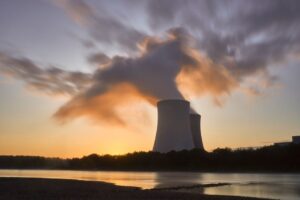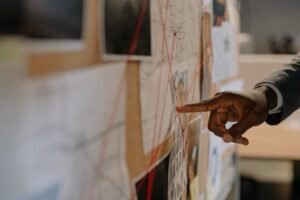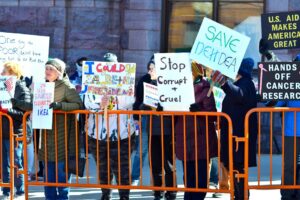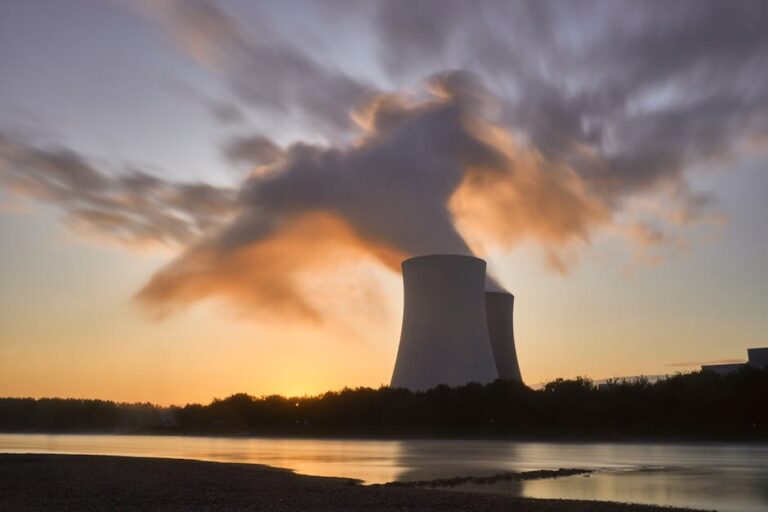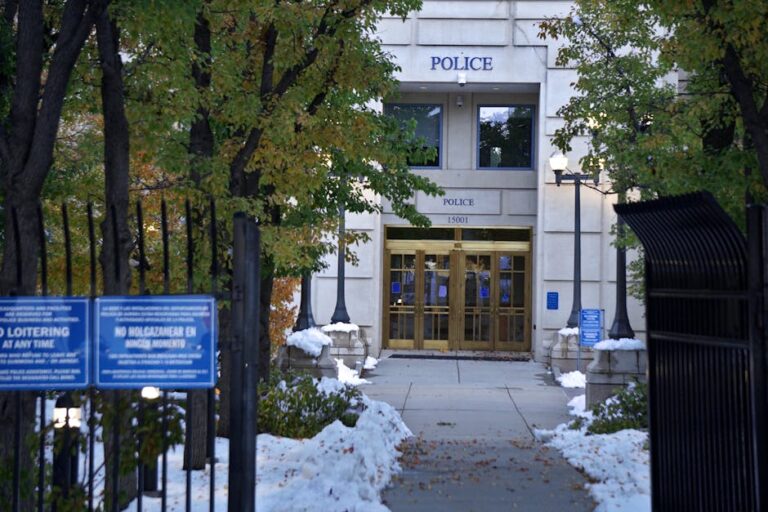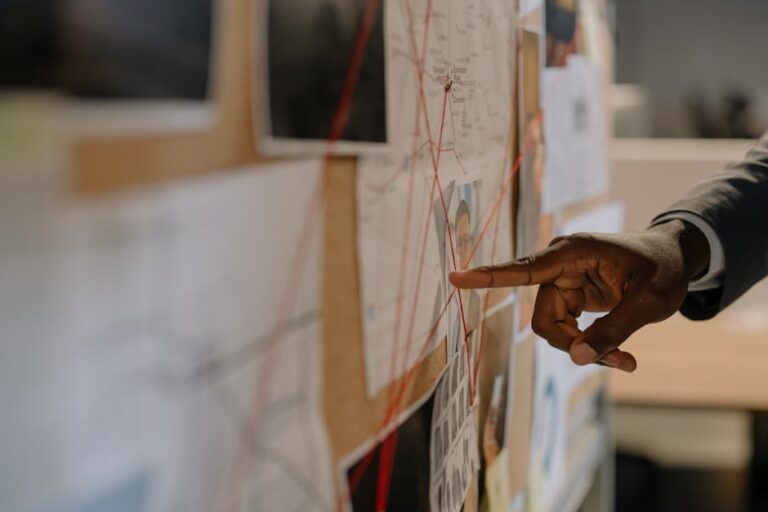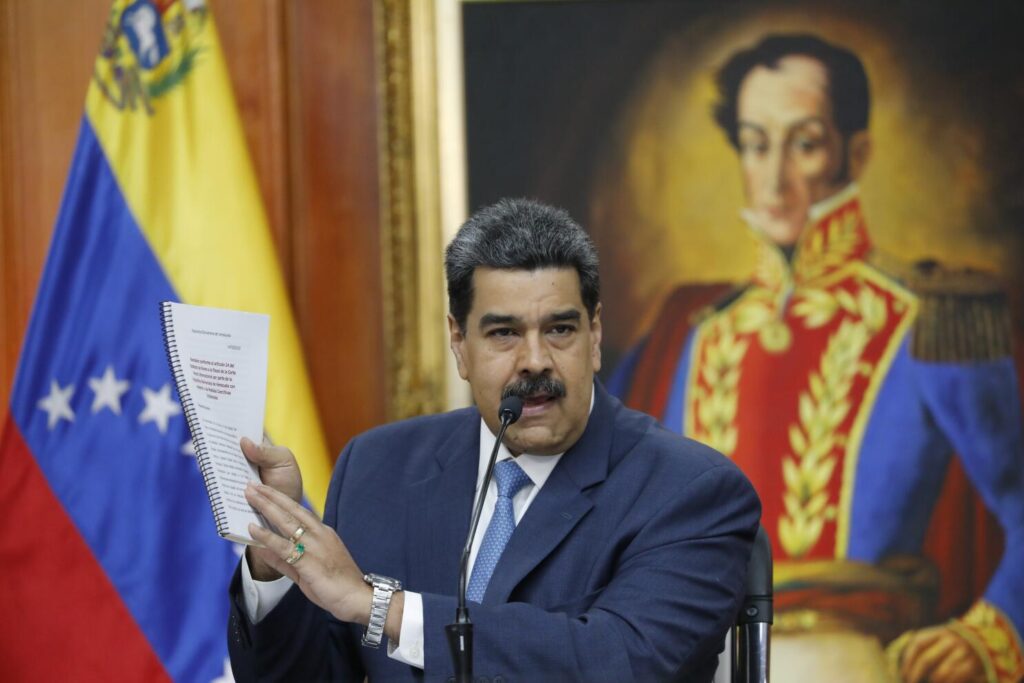
Venezuelans President Nicolás Maduro struck a defiant tone this week, telling the world—and in particular the United States—that his country rejects any form of “supremacism” amid rising military tensions in the Caribbean. His remarks come as the U.S. Navy deploys warships, attack aircraft, and marines to waters near Venezuela, officially under the banner of countering drug trafficking but with clear political undertones that highlight Washington’s deep opposition to Maduro’s rule.
The Trump administration has long labeled Maduro not only an authoritarian strongman but also one of the world’s most prominent narcotics traffickers. In a sharp escalation, Washington recently doubled the reward for Maduro’s capture—from $25 million to $50 million—accusing him of running Venezuela as a “narco-state” and posing a direct threat to U.S. national security. “Maduro’s reign of terror continues,” U.S. officials declared, promising that he would not escape justice.
For his part, Maduro has flatly rejected the accusations. He insists he has no ties to drug trafficking networks and instead frames the U.S. narrative as an excuse to justify intervention. In response to the U.S. naval buildup, the Venezuelan leader has called on citizens to sign up for “militias” to resist any potential attack and has ordered his armed forces to deploy additional naval units along the country’s coastlines.
A Nation in Crisis
The political drama unfolds against the backdrop of Venezuela’s deepening economic and political crisis. Once one of Latin America’s wealthiest nations, the country has suffered years of hyperinflation, food shortages, collapsing infrastructure, and mass migration. Following the disputed 2024 presidential elections—where Maduro claimed victory despite widespread allegations of fraud—the opposition argues that Venezuela is governed by a “de facto regime,” not a legitimate democracy.
Enrique Capriles, a prominent opposition figure, captured the mood of frustration during an interview this week. Speaking in Spanish, Capriles emphasized that he does not support war of any kind. “I do not agree with war. There is no such thing as a good war,” he said, stressing that what Venezuela needs least is an armed conflict with the United States. Instead, he urged dialogue and direct negotiations between President Maduro and then-President Donald Trump.
Capriles pointed out that Trump has met with leaders such as Russia’s Vladimir Putin, North Korea’s Kim Jong Un, and China’s Xi Jinping—all countries Washington often criticizes for their lack of democratic freedoms. “Why not sit down with Maduro face to face?” he asked. “If Trump can talk to Putin about ending war in Ukraine, then why not explore negotiations for peace in Venezuela?”
The Question of Drug Trafficking
At the heart of U.S. accusations is what Washington calls the “Cartel of the Suns,” a shadowy network allegedly tied to Venezuela’s military and government officials that facilitates large-scale cocaine trafficking. Maduro and his allies deny the cartel even exists.
Capriles, cautious in his remarks, acknowledged that the allegations are serious but stressed that the U.S. must provide evidence. “Such a grave accusation requires proof,” he argued. “Who are the members of this so-called cartel? Where does it operate? It cannot just be rhetoric—it must be shown with evidence.”
For Capriles, the more urgent reality is Venezuela’s democratic vacuum. “What I can assure you is that there is no democracy in Venezuela,” he said. “The Maduro government is not democratic. It is a government of fact, not of legitimacy.”
Washington’s Dilemma
The United States insists that its increased naval presence is aimed at curbing drug trafficking routes through the Caribbean, which it claims are controlled by Venezuelan networks. But critics argue that the timing and rhetoric suggest regime change remains a central objective.
Capriles noted the contradictions in Washington’s policy. Only months ago, he said, U.S. envoy Richard Grenell met directly with Maduro in Caracas, in what was described as a cordial discussion that suggested openness to dialogue. That episode stands in sharp contrast to the current climate of military posturing and bounty offers.
For many Venezuelans, the confusion is compounded by U.S.-led sanctions, which not only target Maduro’s inner circle but also cripple key sectors of the economy. These measures, while designed to weaken Maduro, have worsened conditions for ordinary citizens. “The United States controls the sanctions,” Capriles said. “But Venezuelans are the ones paying the price.”
A Call for Negotiation
Despite the harsh rhetoric on both sides, Capriles insisted that the only sustainable path forward is negotiation. He argued that while Maduro seeks to preserve his grip on power and the U.S. wants accountability, neither side can ignore the suffering of Venezuelans caught in the middle.
“This is not the time to escalate,” he said. “It is the moment to open the doors for a negotiation process—face to face, thinking about Venezuelans and the peace of Venezuelans.” The situation in Venezuela remains precarious. With U.S. naval forces patrolling nearby, Maduro rallying his militias, and the opposition calling for diplomacy, the country once again stands at a crossroads between conflict and compromise. Whether Washington and Caracas can find common ground—or whether tensions boil over into confrontation—will shape not only Venezuela’s future but also the geopolitical balance in the Americas.
